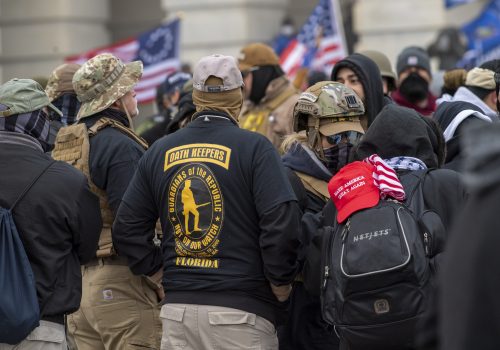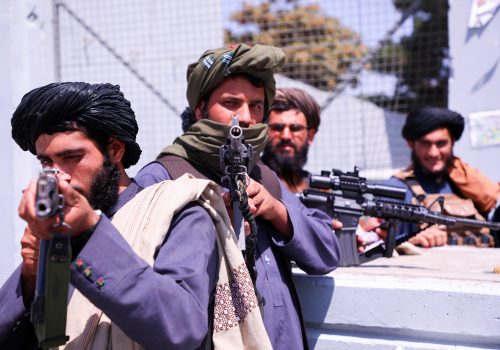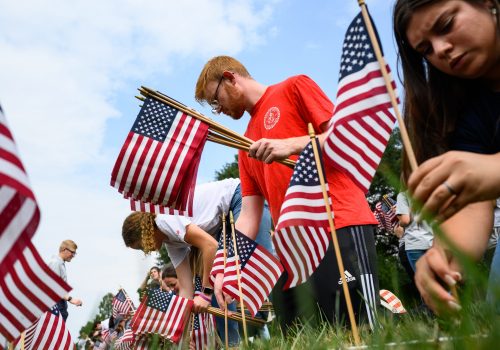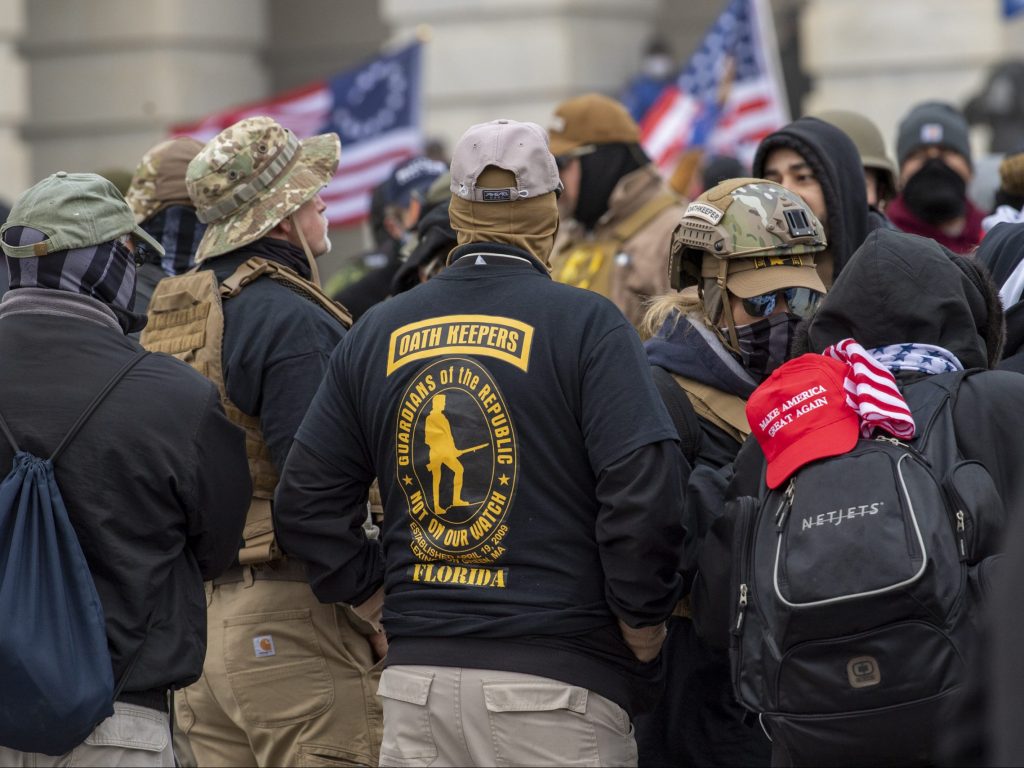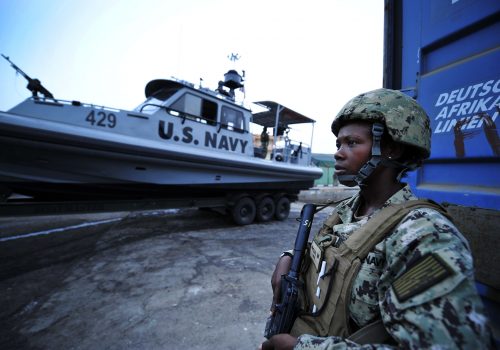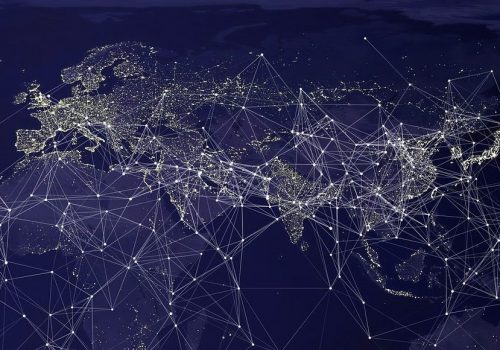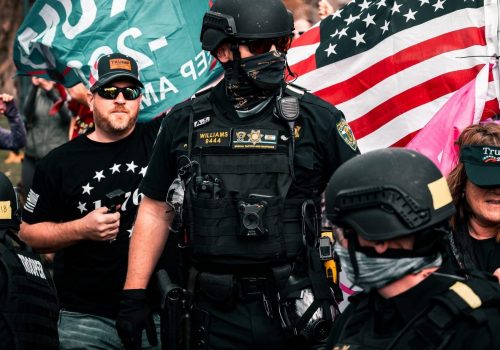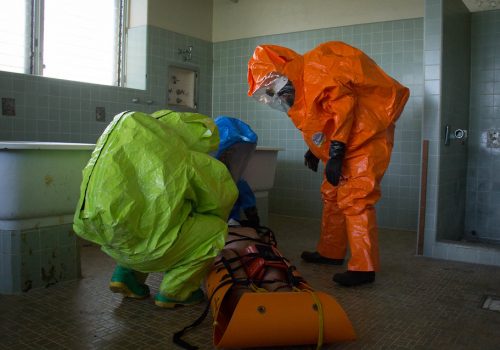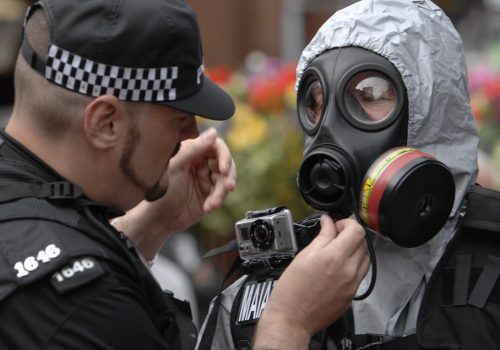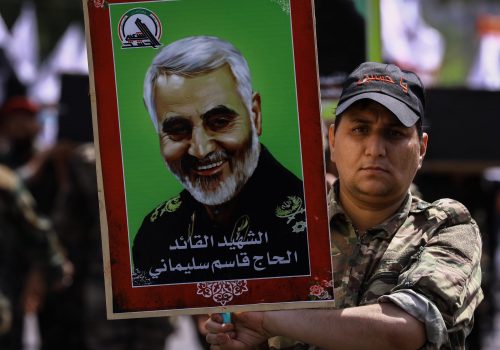The attacks on the World Trade Center and Pentagon were an inflection point in American history, prompting a seismic shift in US military posture abroad and the expansion of the national-security state at home. What lessons—good and bad—did the United States take from that fateful day, and how has the fallout repositioned its place in the world? Here is the best commentary and analysis from the Atlantic Council on the legacy of 9/11 and how the attacks continue to shape our future.
Twenty years after 9/11
The Future of Counterterrorism Project series
US national security experts consider counterterrorism twenty years after 9/11, reimagining the future of avoiding a terrorist threat.
